WA Market Wrap - April
By Jess Morris
What a month it has been. A Cyclone tore through the northern wheatbelt, heavy downpours for the remaining wheatbelt and commodity markets rallying heavily over the past three weeks. An interesting start for most and if the past month is anything to go by, the rest of the season will be just as exciting.
Covid is still a massive issue in the world and even though Western Australia is somewhat insulated from the virus it is still the main concern for all as at any point we could be sent into lockdown due to community transmission of the virus. One issue causing headaches for farmers has been the inability to secure workers from interstate or overseas. Thankfully it seems seeding is moving along with most finding workarounds.
Cyclone Seroja caused widespread destruction with roofs peeled off, sheds collapsing inwards, powerlines down and trees being uprooted. The WA AWB team travelled up to Northampton last week to help out clearing some trees from fences to keep livestock in. It will take a number of years for the town to get back to normal but it seems the community is still in good spirits and it was great to see the power of work that had already been done by the SES and volunteers who have done a truly amazing job getting thing back to some normality.
As devastating as Cyclone Seroja was to the Northern and Midwest parts of the state the silver lining was the rainfall that came with it. Majority of WA’s grainbelt received enough moisture to start the season on a high with growers seeding non-stop to take advantage of the early break. This early break was followed up by several fronts which brought heavy falls to a number of areas across the wheatbelt. This amount of moisture across a few weeks has meant some growers have had to stop for a few days as a result.
The added benefit to such a good start has been the market moving north with canola being the standout performer with Non-GM and GM prices moving over $100 in a month. Such a rally has seen growers selling harder than normal with some growers confident enough to forward sell nearly 50% of their program. With such a good start, growers have been rushing to purchase more canola seed and in turn seed companies believe plantings across WA could be up 10-15% YoY.
Cereals have also rallied with the Kwinana APW1MG price hitting a high of $350/mt and BFED1 also reaching $280/mt. Canola has now reached the highs of $820 which hasn’t been seen in my time in grain marketing.
All things considered it seems very positive for growers and hopefully this continues for the rest of the season.
Australian grain in the box seat
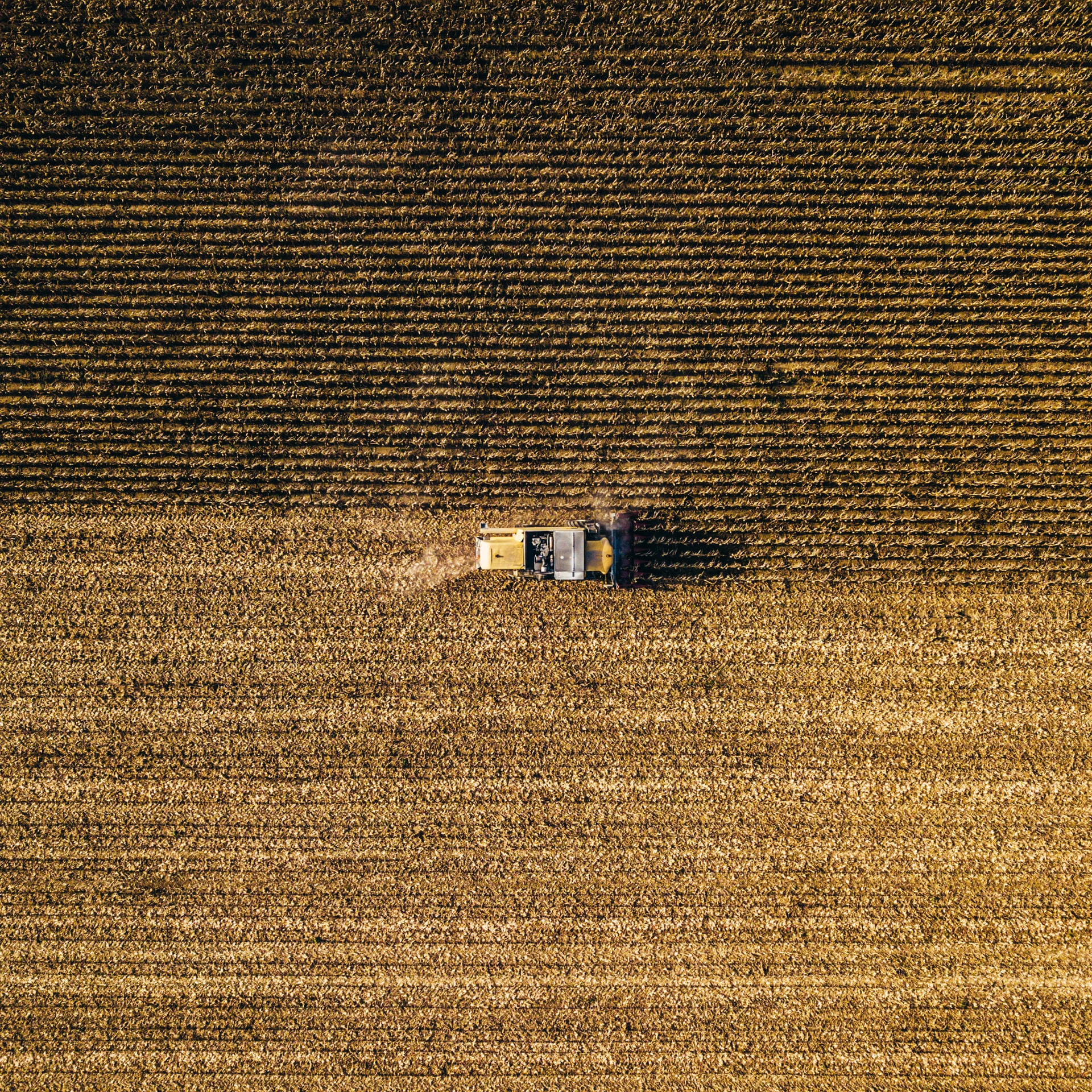
...while growers are largely wanting to get the crop established before genuinely engaging the market, it is interesting to understand what is driving Australia’s values at present and whether the influencing factors will be present for the remainder of the season.
Read MorePlenty to be positive about
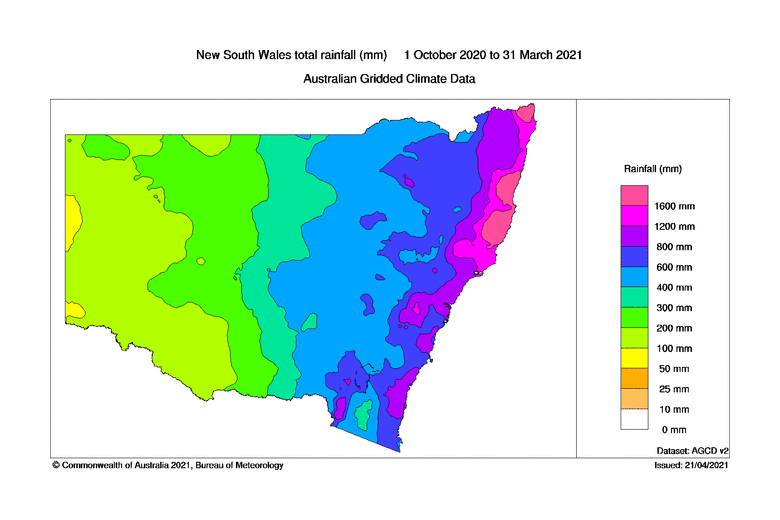
As we approach the end of April with rain gauges devoid of the desired monthly rainfall the New South Wales farmer continues to sow the crop, with one eye on the forecast and the other on a volatile grain market providing an entertaining distraction.
Read MoreA record year for canola?
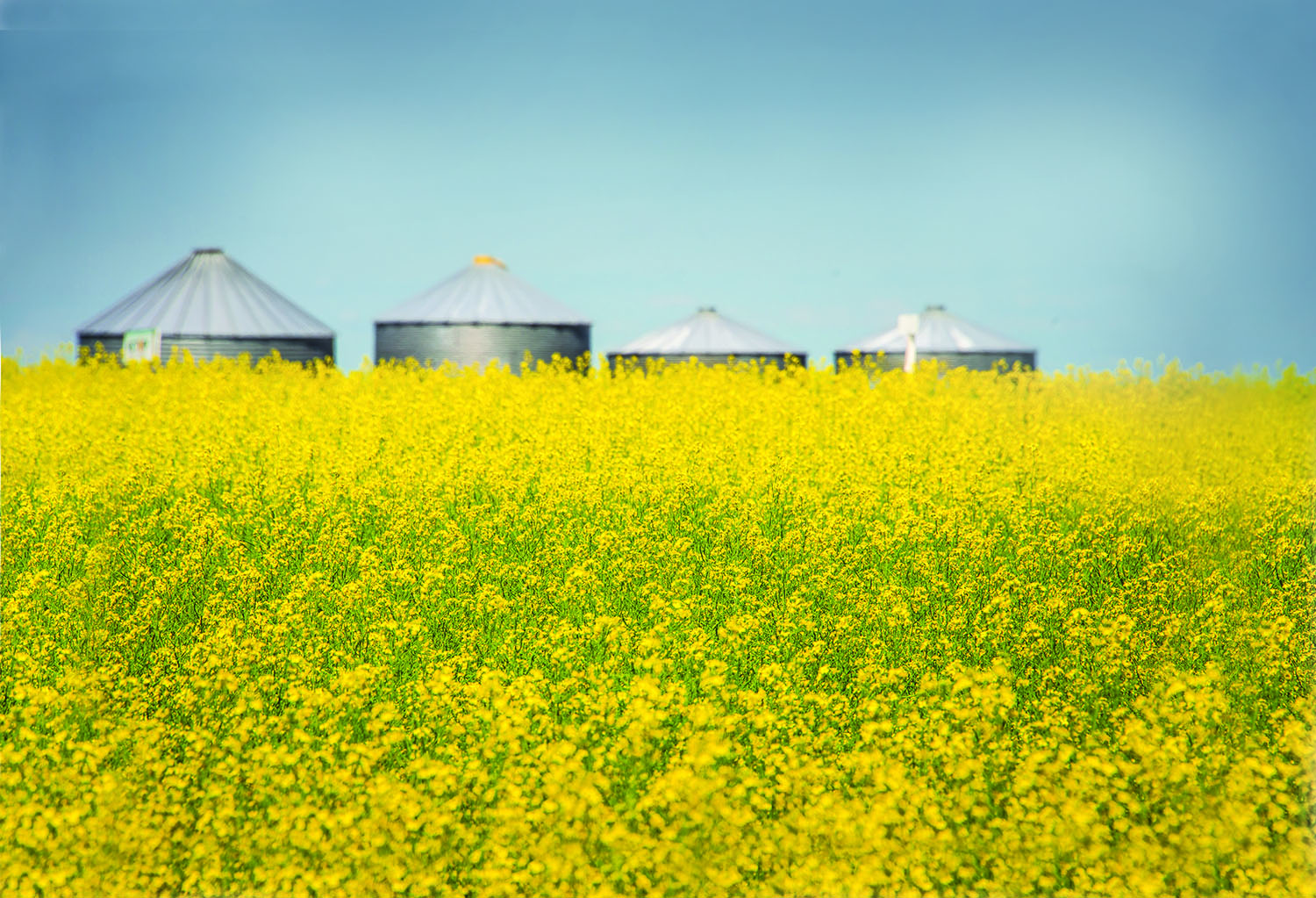
As we approach the Anzac Day holiday many farmers across the state are taking advantage of fantastic sowing conditions for early sown crops such as grazing wheat and barley, and of course the traditional early sown crop, canola.
Read MoreExports moving at a good clip
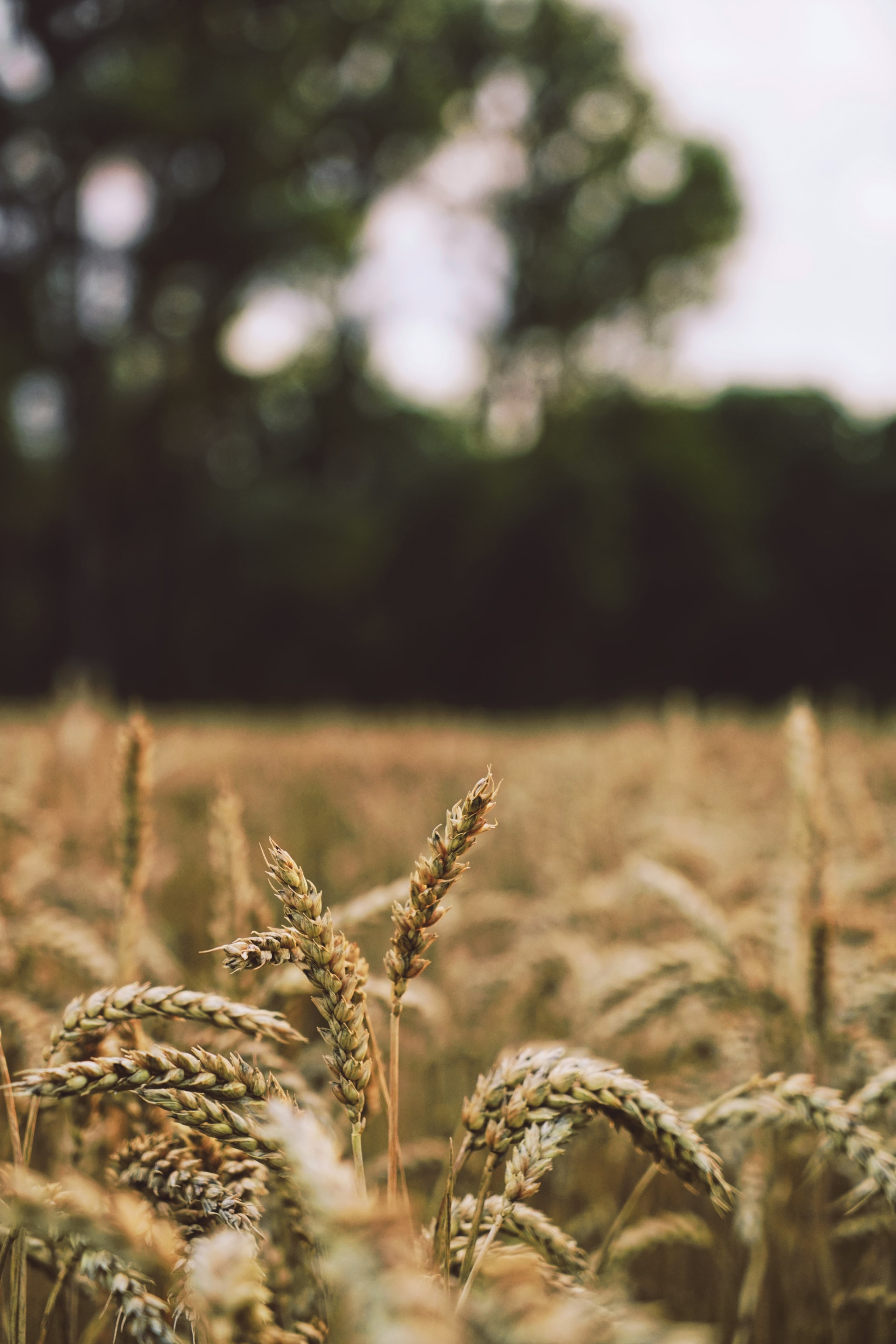
Fresh data released from the United States Department of Agriculture (USDA) and the Australian Bureau of Statistics (ABS) highlighted the strong grain export program being executed around the world at present, with Australia featuring prominently in wheat, barley, sorghum and oilseeds.
Read MoreSA Market Wrap - March
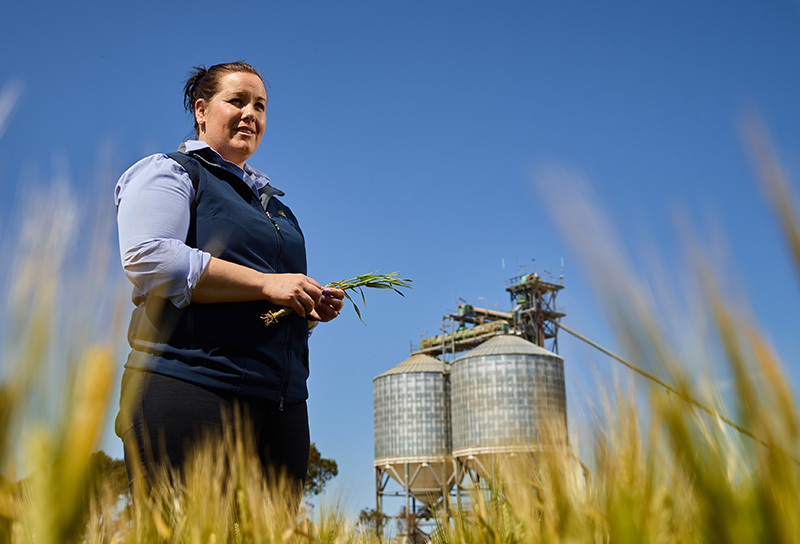
The past two months have seen the ports a hive of activity and domestic consumers back in the market, with grain moving rapidly by road and rail into these customers and ports.
Read MoreRain leads to rethink of winter cropping plans

March has been eventful for NSW with floods and large rainfalls stretching through much of the cropping belt. Whilst it may negatively impact a few farms with summer programs, most farmers are rejoicing and rethinking their winter cropping plans.
Read More